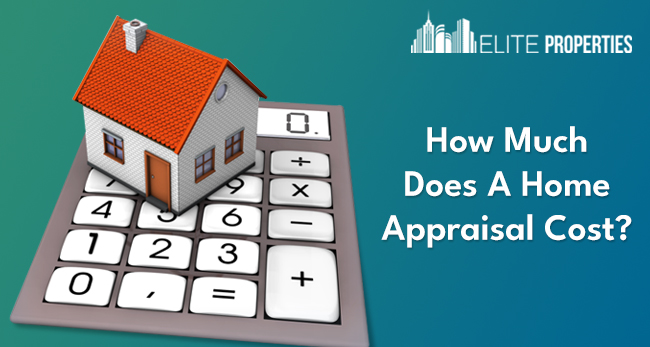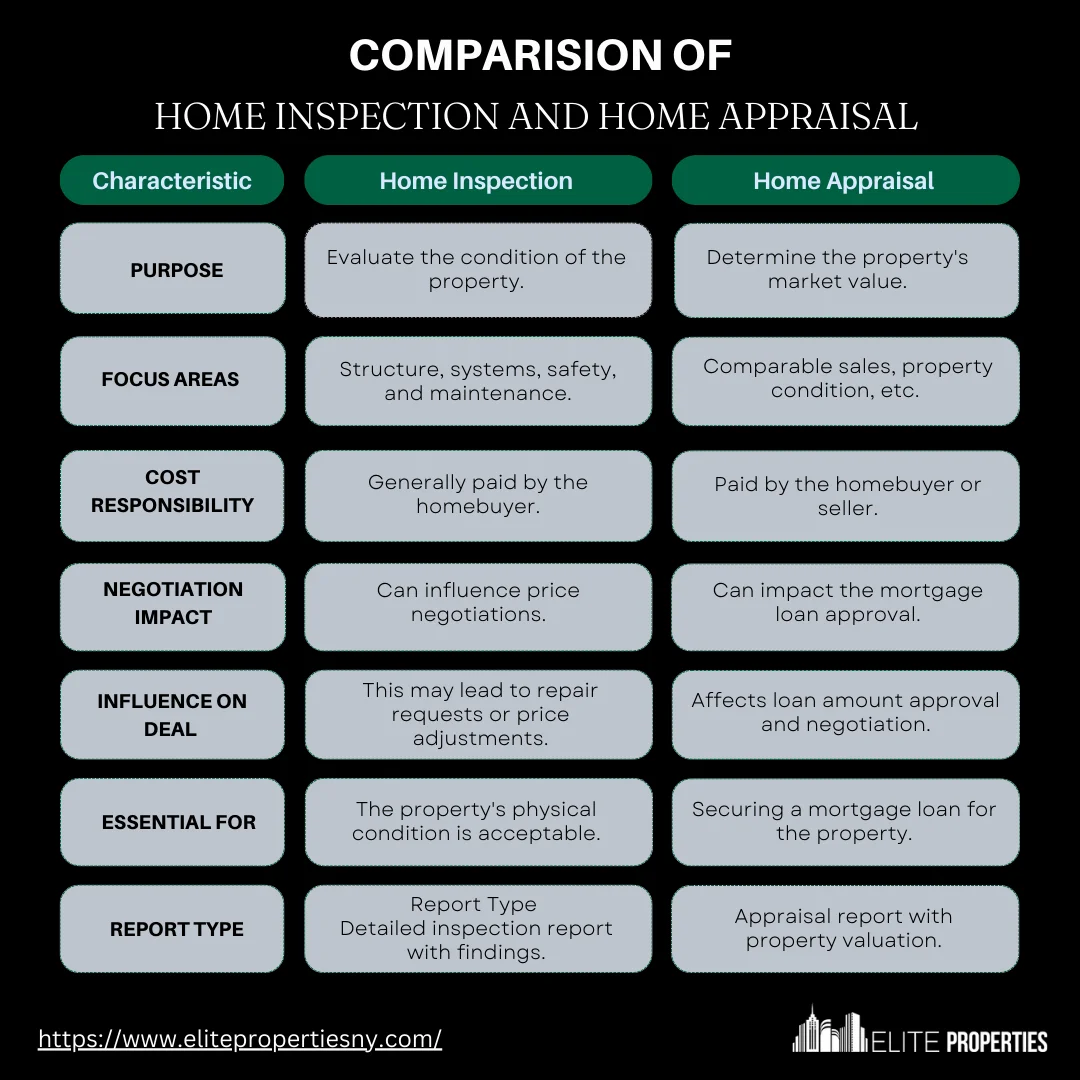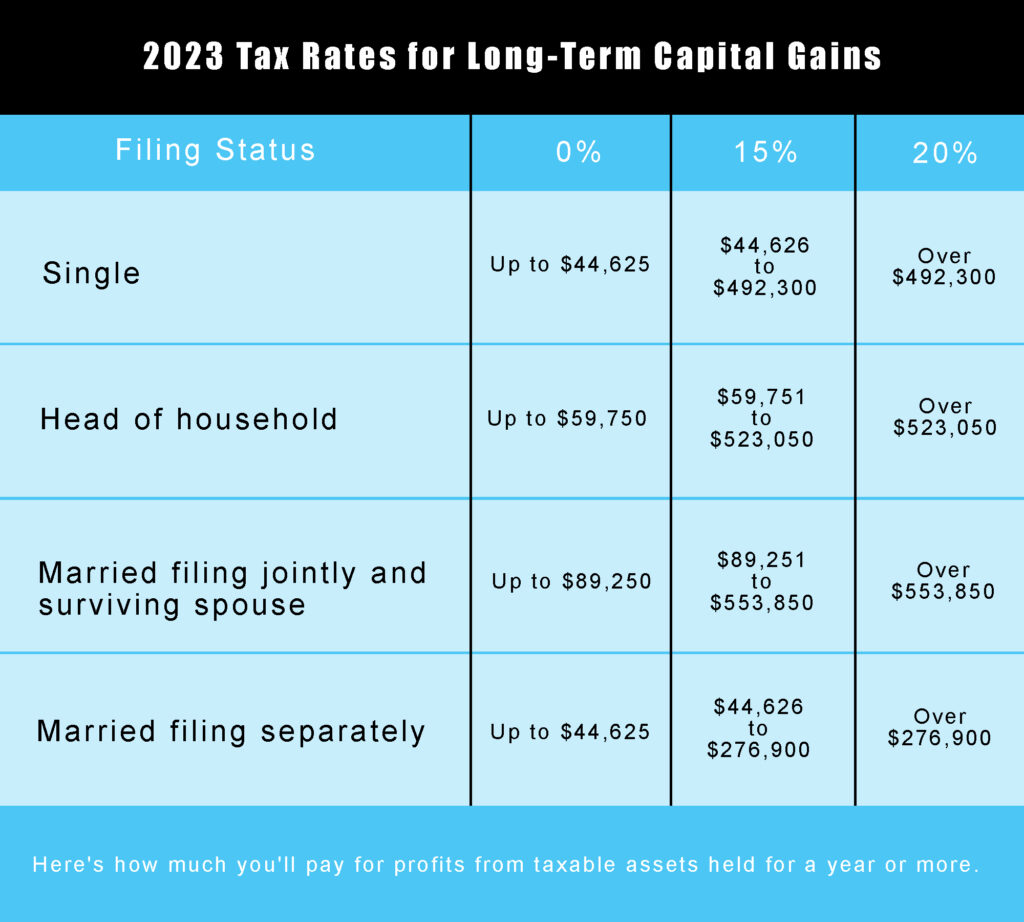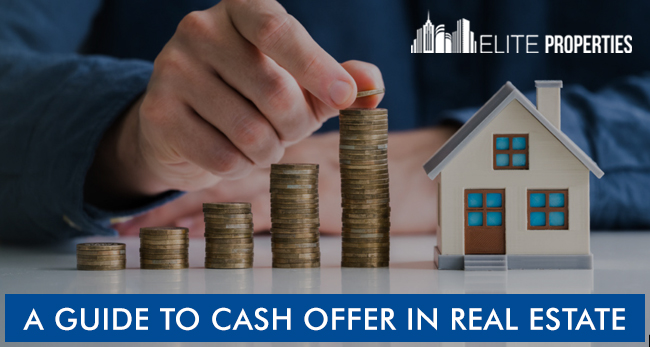What are Closing Costs and How Much Do Sellers Usually Pay?
When it comes to selling a home, you need to consider a plethora of expenses, including closing costs, which can burn a hole in your pocket. Closing costs are fees that come up during the finalization of a real estate transaction and have to be paid by both the buyer and the seller. The charges usually include appraisal fees, title search fees, survey fees, and more. Don’t just guess, here is the blog where you would get to know how much are closing costs for a seller is.
As a seller, you may have to bear a significant portion of these expenses. So, it’s crucial to know how much you need to shell out and what you’re getting into. Therefore, in this blog post, we’ll delve deeper into closing costs, including their definition, how much you can expect to pay, and why they are a crucial aspect of a home sale.
Selling a home is a major life event that requires careful planning and budgeting. One of the things that sellers need to be aware of is closing costs. These fees can be a real headache and vary in cost depending on the property size and location.
So what are closing costs, you ask? Essentially, they’re the fees associated with the sale of a home. As a seller, you’re responsible for paying a range of costs, which can add up to a hefty sum. In some cases, closing costs can be in the thousands of dollars!
The good news is that you can minimize your closing costs by understanding which fees you’re expected to pay. Generally, sellers can expect to pay between 1% and 3% of the home’s sale price in closing costs. For example, if your home sells for $300,000, you could end up paying between $3,000 and $9,000 in closing costs.
By knowing what to expect and being prepared, you can avoid any nasty surprises and budget accordingly. So if you’re planning to sell your home, be sure to factor in these additional costs to ensure a smooth and stress-free transaction.
Common Closing Costs for Home Sellers- Breakdown of All Fees & Expenses
Selling your home can be an exciting experience, but it’s important to keep in mind that it comes with a fair share of expenses. These costs, commonly known as closing costs, can sneak up on you and leave a dent in your profit.
To help you prepare for the process, we’ve put together a comprehensive breakdown of the typical closing costs for home sellers. This includes all the necessary fees associated with the listing agreement, transfer taxes, and more. By understanding these costs, you’ll be able to plan ahead and avoid any surprises down the road.
At the end of the day, selling your home is a big financial decision, and it’s important to be informed every step of the way. So, take a deep breath, grab a cup of coffee, and let’s dive into the world of closing costs.
1. Listing Agreement:
When you’re in the market to sell your beloved abode, it’s customary to enlist the help of a real estate agent. The two of you will work together to create a listing agreement, which spells out the details of your partnership, including the agent’s commission fee. Usually calculated as a percentage of the sale price, the seller’s agent and the buyer’s agent then divvy it up. The exact amount of the commission can vary based on a number of factors, such as the location of the property and the scope of services provided by the agent.
2. Title and Escrow Fees:
When you’re in the midst of a real estate transaction, you’re likely to come across a few unfamiliar terms. One such term is “title and escrow fees.” These fees are essential for ensuring a smooth and successful transaction, but what do they actually cover?
Title fees are charged by the title company, and they cover the cost of researching the property’s title. This research is necessary to make sure there are no liens or other issues that could derail the sale. Essentially, it’s a thorough investigation of the property’s ownership history to ensure that the seller has the legal right to sell the property and that there are no outstanding claims against it.
Escrow fees, on the other hand, are charged by the escrow company. These fees cover the cost of holding the funds and documents during the transaction process. Essentially, escrow is a neutral third party that holds the money and documents until all the sale’s terms have been met. This protects both parties and ensures a fair and equitable transaction.
So, while title and escrow fees may seem like just another added cost, they’re actually an important part of the real estate transaction process. By paying these fees, you’re ensuring that the sale goes smoothly and that everyone involved is protected.
3. Transfer Taxes:
When you’re buying or selling a property, it’s important to keep in mind that there may be transfer taxes involved. These are fees charged by the local government for the transfer of ownership of the property from one party to another.
The specific amount of transfer tax charged to you can vary depending on your location. It is typically calculated as a percentage of the home’s final sale price.
It’s always a good idea to do your research ahead of time. This may help you budget accordingly for any potential transfer taxes that may come up during the transaction process.
4. Home Warranty:
If you’re planning to sell your home, you might be thinking about ways to sweeten the deal for potential buyers. One option that many sellers consider is offering a home warranty as an added incentive.
This warranty provides coverage for specific items in the home, like your trusty appliances or your HVAC system. And let’s face it, these are the things that keep your home running like a well-oiled machine.
The cost of the home warranty can vary depending on the level of coverage you choose and the company you work with. But in the long run, it could end up saving you and the buyer a lot of hassle and money down the road.
5. Closing Agent Fees:
When it comes to buying or selling real estate, there are many factors to consider, including the services provided by the closing agent. The settlement agent, also known as the skilled professional, plays a crucial role in completing the transaction smoothly and efficiently.
The closing agent is responsible for a wide range of tasks. He is respoansible for the preparation and review of important documents, the distribution of funds, and the recording of the transaction with the appropriate government authorities. As you can imagine, these tasks require a great deal of expertise and attention to detail.
Of course, the cost of these services can vary depending on a number of factors. These factors include the property’s location and the specific services required. However, it’s important to remember that the fees charged by the closing agent are an important investment in the success of your real estate transaction.
How to Estimate Your Closing Costs
Before listing your home for sale, it’s important to have a good idea of what your closing costs will be. Here are some steps to help you estimate your closing costs:
1. Use a Closing Cost Calculator
One of the easiest ways to estimate your closing costs is to use a closing cost calculator. These calculators take into account the sale price of your home, your location, and other factors to provide an estimate of your closing costs.
2. Review Your Loan Estimate
If you have a mortgage on your home, you will receive a loan estimate when you apply for the loan. This estimate will include an itemized list of your closing costs. While this estimate may not be exact, it can give you a good idea of what to expect.
3. Consult with Your Real Estate Agent
Your real estate agent can also provide you with an estimate of your closing costs. They have experience with the local market and can provide insight into typical closing costs in your area.
The Benefits of Knowing Your Closing Costs Beforehand & Tips to Negotiate Them
It’s always a good idea to know what you’re getting into when it comes to closing costs. They can add up quickly and catch you off guard if you’re not prepared. That’s where an estimated closing cost calculator can come in handy. It gives you an idea of what to expect and helps you avoid any unpleasant surprises. Plus, knowing your closing costs ahead of time can give you the knowledge. It’ll help you to make informed decisions about negotiating fees. So, don’t be caught off guard – do your research and be financially prepared for your next transaction. Below is the description of how much are closing costs for a seller and how to negotiate it.
Tips to Negotiate Closing Costs
While closing costs are a necessary expense, there are ways to reduce them. Here are some tips to negotiate closing costs:
- Shop around: One of the best ways to reduce real estate transaction fees is to shop around for the best deal. This includes comparing fees from different lenders, title companies, and attorneys.
- Ask for a breakdown of the fees: When negotiating closing costs, it’s important to understand what you’re paying for. Ask for a breakdown of the fees and question any that seem excessive.
- Negotiate the fees: Some fees may be negotiable. For example, you may be able to negotiate the origination fee or the application fee. Be prepared to make a counteroffer if the fees seem too high.
- Consider the timing: The timing of the closing can also impact the fees. For example, if you close at the end of the month, you may be able to avoid some fees.
- Use a real estate agent: A real estate agent can help you navigate the closing process and negotiate the fees on your behalf.
Understanding the Good Faith Estimate (GFE)
The Good Faith Estimate (GFE) is a document that outlines the estimated closing costs for the buyer. This document is typically provided by the lender within three days of the buyer’s loan application. While the GFE is not a final estimate, it can give sellers an idea of what to expect in terms of closing costs.
It’s important for sellers to review the GFE to ensure that all of the fees are accurate and to identify any potential errors. If there are any discrepancies, sellers should work with their real estate agent and/or their lawyer to address them.
How to Read and Interpret a Good Faith Estimate?
1. Understand the loan terms and interest rates.
One of the most important aspects of the Good Faith Estimate is understanding the loan terms and interest rates. This section will outline the type of loan you are receiving, the interest rate, and any points or fees associated with the loan. It is important to pay attention to the interest rate, as this will determine how much you will pay over the life of the loan. Additionally, be sure to ask about any fees or points associated with the loan, as these can add up quickly and significantly impact the overall cost of your mortgage.
2. Look for additional fees and charges.
When reviewing your Good Faith Estimate, it’s important to pay close attention to any additional fees and charges that may be included. These can include things like appraisal fees, title fees, and origination fees. Make sure to ask your lender about any fees that you don’t understand or that seem excessive. It’s also a good idea to compare the fees listed on your Good Faith Estimate with those from other lenders to ensure that you are getting the best deal possible.
3. Compare estimates from different lenders.
One of the most important steps in the home buying process is comparing estimates from different lenders. This will help you determine which lender is offering the best deal and can potentially save you thousands of dollars in the long run. When comparing estimates, make sure to look at the interest rate, closing costs, and any additional fees or charges. Don’t be afraid to ask questions or negotiate with lenders to get the best deal possible. Remember, this is a big investment and it’s important to do your research and make informed decisions.
4. Ask questions and clarify any confusion.
When reviewing your Good Faith Estimate, don’t hesitate to ask your lender any questions you may have. It’s important to fully understand the terms and fees associated with your loan. If there is anything that is unclear or confusing, ask for clarification. This will help you make informed decisions and avoid any surprises down the road. Remember, your lender is there to help you through the process and should be willing to answer any questions you may have.
Hidden Fees to Watch Out For
While there are many typical closing costs that sellers can expect to pay, there are also some hidden fees that can catch sellers off guard. Here are some hidden fees to watch out for:
1. Attorney Fees
In some states, it’s common for sellers to hire an attorney to assist with the home sale. This can be an additional expense that sellers may not have considered.
2. Homeowners Association (HOA) Fees
If the property being sold is part of a homeowners association, there may be HOA fees that need to be paid at closing. These fees can vary depending on the association and can add up quickly.
3. Courier Fees
Courier fees are another hidden cost that sellers may not have considered. These fees can include the cost of sending documents overnight or via a courier service.
The Difference Between Closing Costs and Pre-Paid Expenses
Closing costs are not the same as pre-paid expenses. Pre-paid expenses are costs that are paid in advance and typically cover things like property taxes, homeowners insurance, and mortgage interest. These expenses are typically paid at closing and can add up quickly.
While pre-paid expenses are not technically closing costs, they are still an important expense to consider when selling your home. It’s important to work with your real estate agent and/or your lawyer to ensure that these expenses are accurately estimated and accounted for.
Closing Costs in a Seller’s Market vs. a Buyer’s Market
Closing costs can vary depending on whether you’re selling your home in a seller’s market or a buyer’s market. In a seller’s market, where there are more buyers than sellers, sellers may be able to negotiate lower closing costs since buyers are more motivated to purchase a home. In a buyer’s market, where there are more sellers than buyers, sellers may need to pay more in closing costs to entice buyers to purchase their home.
Do All States Have the Same Regulations on Seller Closing Costs?
When selling a home, there’s a lot to consider, including the dreaded closing costs. These costs can include fees for appraisals, title searches, surveys, and more. But here’s the thing: each state has its own set of regulations and requirements when it comes to closing costs. So, it’s not a one-size-fits-all situation.
One major factor to keep in mind is the real estate transfer tax rates. The seller typically pays these taxes and they can vary significantly from state to state. For instance, in California, the transfer tax rate is typically around $1.10 per $1,000 of the sales price. However, in New York, the transfer tax rate can be as high as 2.8% of the sales price. It’s important to note these rates. These rates can impact the total amount of closing costs that you’ll be responsible for paying.
Another thing to consider is a state-by-state comparison of closing costs. While the actual costs can vary depending on the specific transaction, there are some general trends to keep in mind. According to a recent report by Bankrate, the average closing costs for a $200,000 home in 2022 ranged from around $3,700 in Missouri to nearly $6,000 in Hawaii. It’s important to factor these costs into your budget and negotiate with the buyer accordingly.
Now, here’s where it gets tricky. Some states have specific regulations when it comes to seller closing costs. For instance, in certain states, it’s illegal for the seller to pay for certain closing costs, such as the buyer’s appraisal or inspection fees. Other states have limits on how much the seller can contribute towards the buyer’s closing costs. It can be a lot to navigate. But that’s why it’s crucial to have a knowledgeable real estate agent or attorney on your side.
In conclusion, closing costs are a necessary evil when it comes to selling a home. Just remember to do your research, factor in state-specific regulations and taxes. Work with a trusted professional to ensure everything goes smoothly.
Conclusion: Preparing Yourself with Knowledge of Closing Fees Can Help You Maximize Your Profits as a Home Seller
Selling your home can be a daunting task, and navigating the world of real estate can be overwhelming. Closing costs are one of the many expenses that you’ll need to be aware of. They can significantly impact your profits. Understanding these costs and the options available to you can help you make informed decisions and achieve the best possible outcome.
By partnering with Elite Properties, a reputable real estate agency, you can rest assured that you’ll have a team of experienced professionals on your side. They’ll guide you through every step of the home-selling process, from preparing your home for sale to negotiating with potential buyers. With their help, you’ll be well-equipped to handle closing costs and other expenses.
Don’t let closing costs catch you off guard. Contact Elite Properties today to learn more about how they can help you maximize your profits as a home seller. With their support and expertise, you can sell your home with confidence and achieve your desired results.












